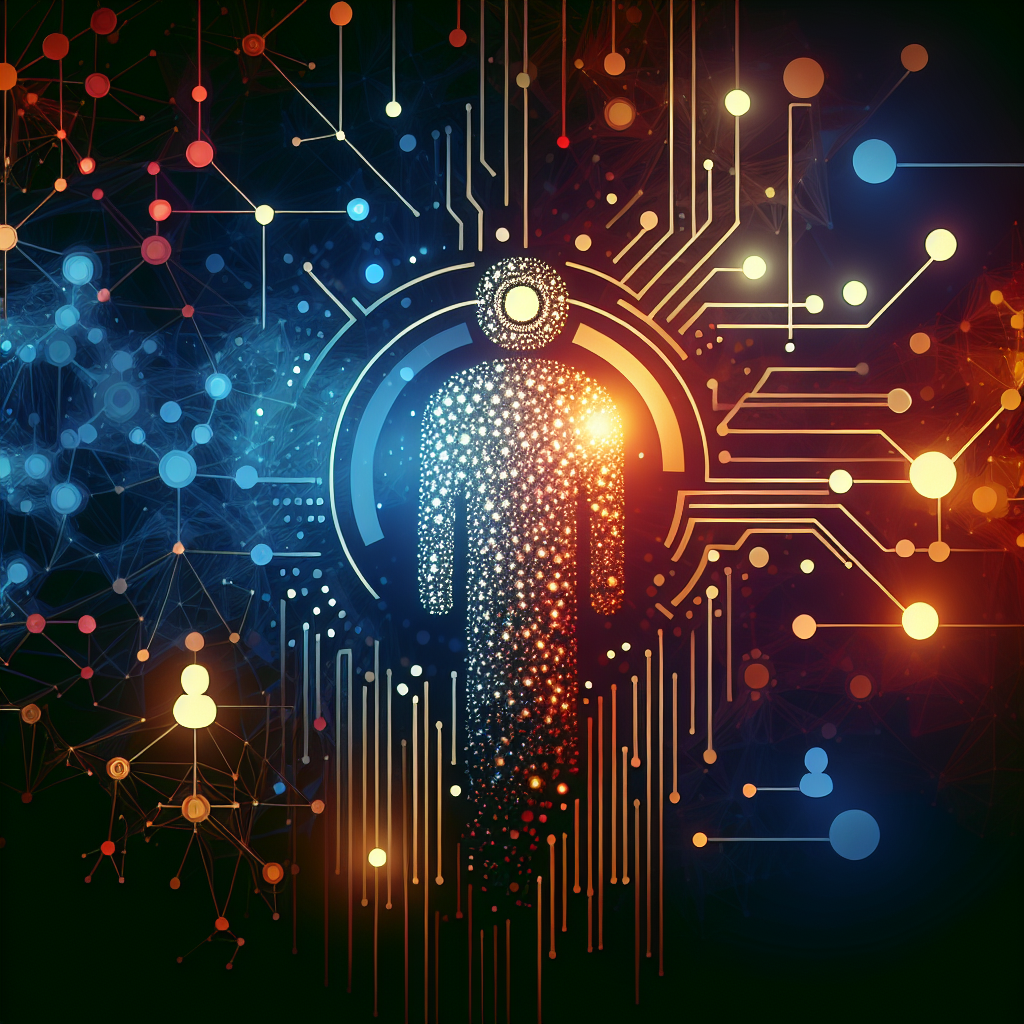The Impact of AI and Machine Learning on the Job Market
Artificial intelligence (AI) and machine learning have been revolutionizing various industries, leading to increased efficiency, productivity, and innovation. However, the widespread adoption of these technologies has also raised concerns about their impact on the job market. As AI and machine learning continue to advance, it is becoming increasingly important to understand how they are reshaping the workforce and what steps can be taken to mitigate any negative consequences.
One of the primary ways in which AI and machine learning are impacting the job market is through automation. As these technologies become more sophisticated, they are increasingly able to perform tasks that were previously done by humans. This has the potential to lead to job displacement in certain industries, as machines can often perform tasks more quickly and accurately than humans. For example, AI-powered chatbots are increasingly being used in customer service roles, leading to a decrease in the need for human customer service representatives.
However, while automation may lead to job displacement in some industries, it also has the potential to create new job opportunities in others. As AI and machine learning technologies become more widespread, there is an increasing demand for individuals with the skills to develop and maintain these systems. This has led to a growing need for data scientists, machine learning engineers, and other professionals with expertise in AI and machine learning.
In addition to creating new job opportunities, AI and machine learning are also changing the nature of existing jobs. For example, in the healthcare industry, AI-powered diagnostic tools are helping doctors to make more accurate diagnoses and treatment recommendations. This has the potential to improve patient outcomes and reduce healthcare costs, but it also means that doctors may need to develop new skills in order to effectively use these tools.
Overall, the impact of AI and machine learning on the job market is complex and multifaceted. While these technologies have the potential to lead to job displacement in certain industries, they also have the potential to create new job opportunities and improve the efficiency and effectiveness of existing jobs. In order to navigate these changes successfully, individuals and organizations will need to adapt to the evolving demands of the workforce and invest in developing the skills needed to thrive in an AI-powered world.
FAQs
1. Will AI and machine learning lead to mass unemployment?
While it is true that AI and machine learning have the potential to automate certain tasks and lead to job displacement in some industries, it is unlikely that they will lead to mass unemployment. Instead, these technologies are more likely to create new job opportunities in industries that are experiencing growth as a result of AI and machine learning.
2. What skills will be in demand in an AI-powered job market?
In an AI-powered job market, skills such as data science, machine learning, and programming will be in high demand. Individuals with expertise in these areas will be well-positioned to take advantage of the new job opportunities created by AI and machine learning.
3. How can individuals prepare for the impact of AI and machine learning on the job market?
One of the best ways for individuals to prepare for the impact of AI and machine learning on the job market is to invest in developing their skills in areas related to these technologies. This may involve pursuing education and training in data science, machine learning, or other relevant fields.
4. How can organizations adapt to the changing demands of an AI-powered workforce?
Organizations can adapt to the changing demands of an AI-powered workforce by investing in training and development programs for their employees, hiring individuals with expertise in AI and machine learning, and exploring opportunities to automate tasks that are currently done manually.
5. What are some of the potential benefits of AI and machine learning for the job market?
Some of the potential benefits of AI and machine learning for the job market include increased efficiency, productivity, and innovation. These technologies have the potential to automate repetitive tasks, freeing up employees to focus on more strategic and creative work. Additionally, AI and machine learning can help organizations make more informed decisions and improve the quality of their products and services.
In conclusion, the impact of AI and machine learning on the job market is significant and far-reaching. While these technologies have the potential to lead to job displacement in certain industries, they also have the potential to create new job opportunities and improve the efficiency and effectiveness of existing jobs. By understanding the implications of AI and machine learning for the job market and taking proactive steps to adapt to these changes, individuals and organizations can position themselves for success in an increasingly AI-powered world.

